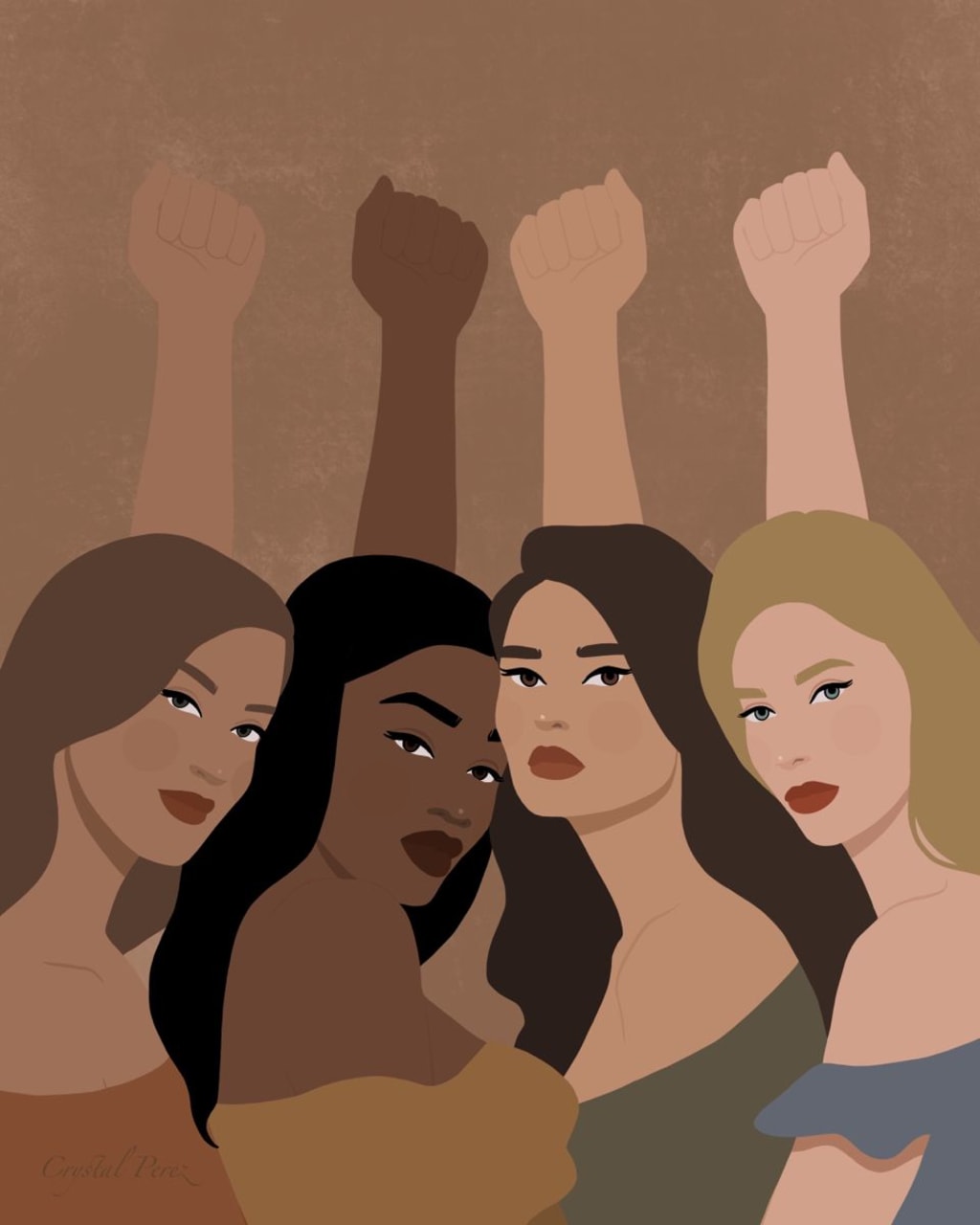Unlearning Internalized Misogyny
A Journey of Self-Improvement for Feminists

As feminists, we are committed to fighting against gender inequality and advocating for women’s rights. However, at times, even the most ardent feminist can fall victim to internalized misogyny.
This refers to the attitudes and beliefs we hold about ourselves and other women that are rooted in the gender stereotypes and prejudices that permeate our society.
These perceptions are inherited from the culture we live in and it becomes important to not be influenced by them. Although, it is not always that simple. In fact, most of the times it is hard to notice.
Unlearning internalized misogyny is a journey that requires introspection, education, and active effort.
In this blog post, we will explore the process of unlearning internalized misogyny and how it can lead to personal growth and empowerment.
Recognizing Internalized Misogyny
The first step in unlearning internalized misogyny is recognizing its presence in our thoughts and actions. Internalized misogyny can manifest in a variety of ways, such as:
- Judging other women based on their appearance or behavior.
- Believing that women are less competent or deserving than men.
- Feeling ashamed or guilty about our own femininity or sexuality.
- Prioritizing men’s needs and desires over our own.
- Feeling threatened or intimidated by other women’s success or confidence.
These attitudes are deeply ingrained in our cultural conditioning, and we may not even be aware of them until we start paying attention to our own thoughts and reactions.
Even though these attitudes are often unintentional, we may end up hurting others or demeaning ourselves. Therefore it becomes essential to recognize if we are exhibiting such a stance and adjust it according to our values.
Once we recognize the presence of internalized misogyny, we can start taking steps to challenge and change it.
Challenging Internalized Misogyny
Challenging internalized misogyny requires us to question our assumptions and beliefs about gender roles and stereotypes.We can do this by:
- Educating ourselves about the history and impact of sexism and misogyny.
- Examining the messages we receive from media, advertising, and popular culture, and questioning their validity.
- Listening to the experiences and perspectives of women from diverse backgrounds, and valuing their voices.
- Reflecting on our own experiences and how they have shaped our beliefs about gender.
It’s important to remember that unlearning internalized misogyny is not a one-time event, but an ongoing process. We will inevitably encounter situations that trigger our old thought patterns and biases, and we will need to actively challenge them.
This can be uncomfortable and challenging, but it is also a powerful opportunity for personal growth and empowerment. We can be truly agligned to our goals and vlaues when we tackle these otherwise invisible challenges.
Empowering Ourselves and Other Women
As we unlearn internalized misogyny, we can start to embrace a more positive and empowering vision of ourselves and other women. This includes:
- Celebrating our own unique strengths and talents, without feeling the need to conform to gender stereotypes
- Recognizing and appreciating the strengths and talents of other women, and supporting their growth and success
- Prioritizing our own needs and desires, and advocating for our own rights and dignity
- Building supportive and respectful relationships with other women, based on trust and mutual empowerment
By unlearning internalized misogyny and embracing feminist values, we can become more confident, resilient, and empowered individuals. We can also contribute to a larger movement for gender equality and justice, by challenging the deeply entrenched prejudices and stereotypes that limit women’s opportunities and potential.
Unlearning internalized misogyny is a journey that requires courage and commitment, but it is also a journey that can lead to transformative personal and social change.
I hope you found value some value in this article!
About the Creator
Arashpreet Kaur
Passion for reading and writing, keen on sahring my lessons from books and life.






Comments
There are no comments for this story
Be the first to respond and start the conversation.